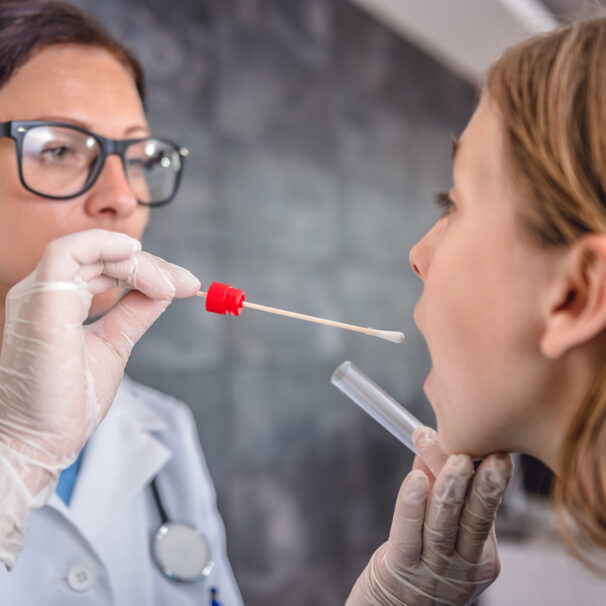HealthProviders DB is a comprehensive database of healthcare providers, including a complete directory of all Infectious Disease Physicians.
Internal Medicine Healthcare Taxonomy Code 207RI0200X
As of today, the following are the total number of Infectious Disease Physicians nationally, in your State, and near your location.
Select a State below to view the list by State. Additionally, you can narrow the list by city, among other options, from the Filter Panel, which you can open by clicking the vertical ellipses ⋮ in the upper right corner of the app.
Alaska – Alabama – Armed Forces Pacific – Arkansas – American Samoa – Arizona – California – Colorado – Connecticut – District of Columbia – Delaware – Florida – Federated States of Micronesia – Georgia – Guam – Hawaii – Iowa – Idaho – Illinois – Indiana – Kansas – Kentucky – Louisiana – Massachusetts – Maryland – Maine – Marshall Islands – Michigan – Minnesota – Missouri – Northern Mariana Islands – Mississippi – Montana – North Carolina – North Dakota – Nebraska – New Hampshire – New Jersey – New Mexico – Nevada – New York – Ohio – Oklahoma – Oregon – Pennsylvania – Puerto Rico – Palau – Rhode Island – South Carolina – South Dakota – Tennessee – Texas – Utah – Virginia – Virgin Islands – Vermont – Washington – Wisconsin – West Virginia – Wyoming
Medicare
The following are the total number of Infectious Disease Physicians who accept Medicare in your State, the number who have opted out of Medicare, and the total number excluded from participation in Medicare nationwide.
The diagram below shows all the Infectious Disease Physicians across the country, represented by blue bubbles. The larger the bubble, the greater the concentration of providers in that area. Red bubbles represent Medicare-excluded providers, with the larger bubbles indicating a higher percentage of excluded providers in that region. You can change the bubble size to be based on exclusions from the Size menu.
What do Infectious Disease Physicians do?
An infectious disease physician diagnoses and treats illnesses caused by pathogens, such as viruses, bacteria, fungi, and parasites, which can be complex, acute, or chronic.
They function as medical detectives, reviewing lab results and ordering tests, managing treatment with antibiotics, antivirals, and other therapies, and providing expertise on infection prevention.
Their work spans from individual patient care in hospitals and clinics to public health initiatives, including monitoring outbreaks and conducting research on emerging diseases and antibiotic resistance.
What they do
Diagnosis: They identify the specific pathogen causing a patient’s illness by reviewing medical data, ordering and interpreting tests such as blood studies and cultures, and performing physical examinations as necessary.
Treatment: They manage infections that don’t respond to standard therapies, including those caused by antibiotic-resistant bacteria. They prescribe appropriate medications, such as antibiotics, antivirals, and antifungals, and administer them through oral or intravenous routes.
Patient Care: They care for patients in both inpatient (hospital) and outpatient settings, often collaborating with other healthcare professionals to manage complex conditions. They also provide specialized care for travelers, transplant patients, and those with chronic conditions like HIV and hepatitis.
Public Health & Research: Infectious disease physicians contribute to public health by tracking disease outbreaks, conducting research on new diseases and treatments, and advising on public health policies and prevention strategies.
Infection Prevention: They lead hospital programs to control infections and promote antimicrobial stewardship, which helps prevent the spread of disease within healthcare settings.
Common Conditions Treated
Other: Parasitic infections, sexually transmitted infections (STIs), and infections of wounds and surgical implants.
Bacterial Infections: Pneumonia, tuberculosis, meningitis, urinary tract infections (UTIs), and antibiotic-resistant infections, such as MRSA.
Viral Infections: Influenza, HIV, hepatitis, and infections like COVID-19.
Fungal Infections: Conditions like blastomycosis and aspergillosis.

